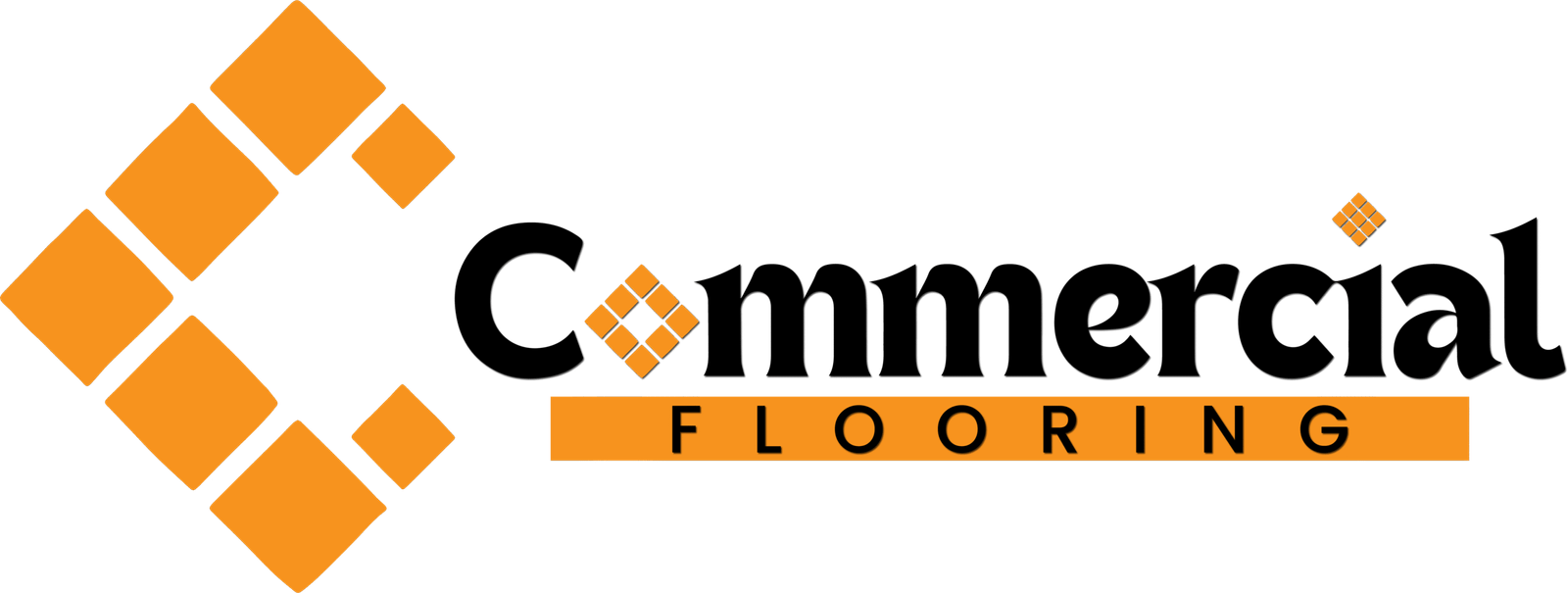When it comes to garage floors, not all are created equal. If your garage does more than just store cars — think slick tools, storage, heavy equipment or even commercial business work — then you’ll want a floor that can take a beating. When it comes to heavy use, selecting the best garage flooring is not only about the way it looks, but about long-term durability, protection against damage and ease of cleaning and repairs.
In this blog, we’re going to dissect some of the main considerations to keep in mind for how to choose the best garage flooring for heavy use, the best flooring materials out there and in the end, provide some tips, so you’ll be able to make even better decision when choosing a floor.
Why Heavy-Duty Garage Flooring Matters

Garages used for car repairs, storage, or daily business activity often face:
- Heavy weight loads from vehicles and equipment
- Oil, grease, and chemical spills
- Frequent foot and wheel traffic
- Temperature fluctuations
Standard concrete can crack, stain, and wear out quickly under these conditions. Investing in high-performance garage flooring helps:
- Improve safety
- Extend floor life
- Reduce maintenance
- Enhance appearance
Key Features to Look For
If your garage experiences heavy use, prioritize these features when selecting flooring:
1. Load-Bearing Strength
The floor should support heavy weights without cracking or denting. Look for materials rated for commercial or industrial use.
2. Chemical & Stain Resistance
Oil, fuel, and cleaning chemicals are common in garages. Choose flooring that resists staining and corrosion.
3. Non-Slip Surface
Safety is critical. Go for textured or slip-resistant surfaces, especially if the floor may get wet or greasy.
4. Ease of Maintenance
Dust, spills, and debris are unavoidable. Choose a floor that’s easy to clean and maintain without special equipment.
5. Temperature & Moisture Resistance
Garages often deal with humidity, water leaks, and hot tire pick-up. Flooring must be moisture-proof and resistant to thermal shock.
Top Garage Flooring Options for Heavy Use
Let’s explore the best flooring types that can handle a beating without losing their integrity or look.
1. Epoxy Coating
Best for: High-traffic garages, workshops, commercial spaces
Epoxy is a strong, durable coating applied directly to concrete. It forms a thick, glossy surface that resists impact, chemicals, oil, and tire marks. It can last 10+ years with proper care.
Pros:
- Seamless, professional appearance
- Extremely durable and chemical-resistant
- Easy to clean
- Custom color and finish options
Cons:
- Requires professional installation for best results
- Surface prep is crucial
- Not ideal for damp or cracked floors unless properly treated
2. PVC Garage Tiles
Best for: Easy installation, residential heavy-use garages
Interlocking PVC tiles are flexible, thick, and shock-absorbent. They provide good load support and are simple to replace if damaged.
Pros:
- Easy to install and replace
- Slip-resistant
- Durable under vehicles and tools
- Multiple design patterns
Cons:
- May shift over time if not locked properly
- Can be expensive for large areas
3. Rubber Flooring
Best for: Garages with heavy foot traffic, gym and workspace use
Rubber mats or rolls offer cushioning and good resistance to impact. They’re ideal if you’re using your garage as a workshop or fitness space.
Pros:
- Good shock absorption
- Comfortable underfoot
- Easy to install and clean
Cons:
- Not ideal for car storage (can get indented)
- Limited design options
4. Polyaspartic Coating
Best for: Quick installations and premium performance
A step above epoxy, polyaspartic coating cures faster and handles UV exposure better. It’s ideal for extreme garage conditions and busy homes or businesses.
Pros:
- Faster drying time
- Superior durability and chemical resistance
- UV stable (won’t yellow)
- Easy maintenance
Cons:
- More expensive than epoxy
- Requires expert installation
Common Mistakes to Avoid
When choosing heavy-duty garage flooring, don’t fall into these traps:
- Skipping surface prep: Coatings like epoxy or polyaspartic won’t last if applied to dirty, oily, or damp concrete.
- Underestimating weight loads: Make sure your choice is rated for the vehicles or equipment you plan to store.
- Focusing only on aesthetics: While appearance matters, performance is key in a high-use garage.
- DIY without research: Some floors require technical expertise—always read installation guides or hire professionals.
Conclusion
Choosing the best garage flooring for heavy use is all about balancing strength, maintenance, safety, and budget. Whether you opt for a high-performance epoxy coating or heavy-duty interlocking tiles, invest in a solution built to last.
Before making a decision, assess how your garage is used daily. The right flooring will not only protect your investment but also make your space more efficient, safer, and better looking.
Need Professional Help?
If you’re in Dubai or in UAE and looking for expert garage flooring solutions, contact our team at Commercial Flooring. We offer on-site assessments and high-quality flooring installation that’s built to handle tough conditions.
